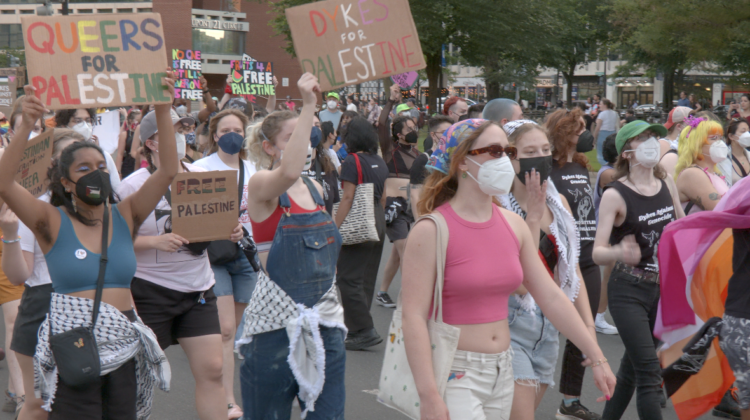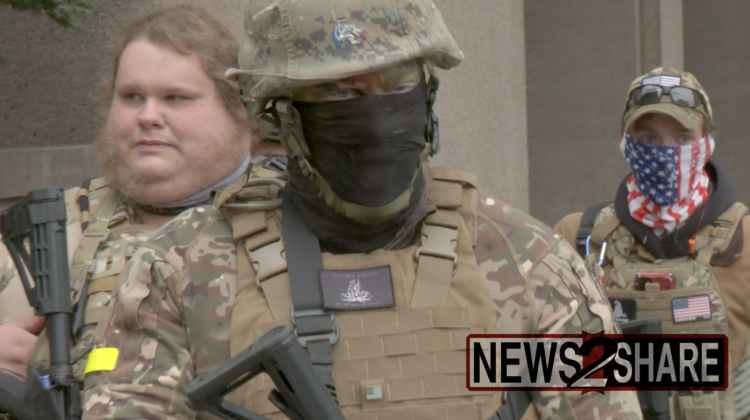“We will never surrender our children!” chanted a Muslim-led coalition of parents Tuesday afternoon outside the Montgomery County School Board (Maryland) as they rallied again for an opt-out option from LGBT material.
Things became briefly tense as Muslim-led activists supporting opt-out were angered that an equal number of pro-LGBT activists were being escorted into the school board meeting in spite of the opt-out side having significantly greater participants.
“Shame on you!” they chanted.
Zainab Chaudry, Maryland Director for the Council on American–Islamic Relations (CAIR) said that the push for an opt-out option from LGBT material is “not a campaign from our perspective that’s rooted in hatred and bigotry and divisiveness.”
“It is a campaign that’s rooted in inclusivity. This is not a campaign to ban books from the school system,” she says. “Parents just sincerely want to be able to have the right to opt their children out of content that conflicts with their sincerely held religious beliefs and that’s the perspective that we’re here today to support.”
One activist counter-protesting against the opt-out said he supports the “more inclusive curriculum.”
“The purpose of public education is to have graduates who are fully prepared to face the world as it exists, not as they would like it,” he said. “So by excluding children from lessons where they learn about families that don’t look like theirs, you’re having graduates who are unprepared for the world as it is.”
Ismail Royer, Director for Islam at Religious Freedom Institute, says his org came to support “an exemption from this policy which would require students to sit through instruction that violates their parents’ moral values.”
He rejects the idea that the material only shows different lifestyles and says he believes the material is “usurping and taking over the role of the parent in teaching morality.”
A parent who supports the new MCPS curriculum and opposes opt-out says that there’s never been an opt-out for materials that inclusively portray different type of families, only from sex ed.
“We know that students do the best and learn the best and have the most empathy and compassion for each other when they understand each other, each other’s communities and families.”
“I want to see everyone here today represented in the curriculum.”











